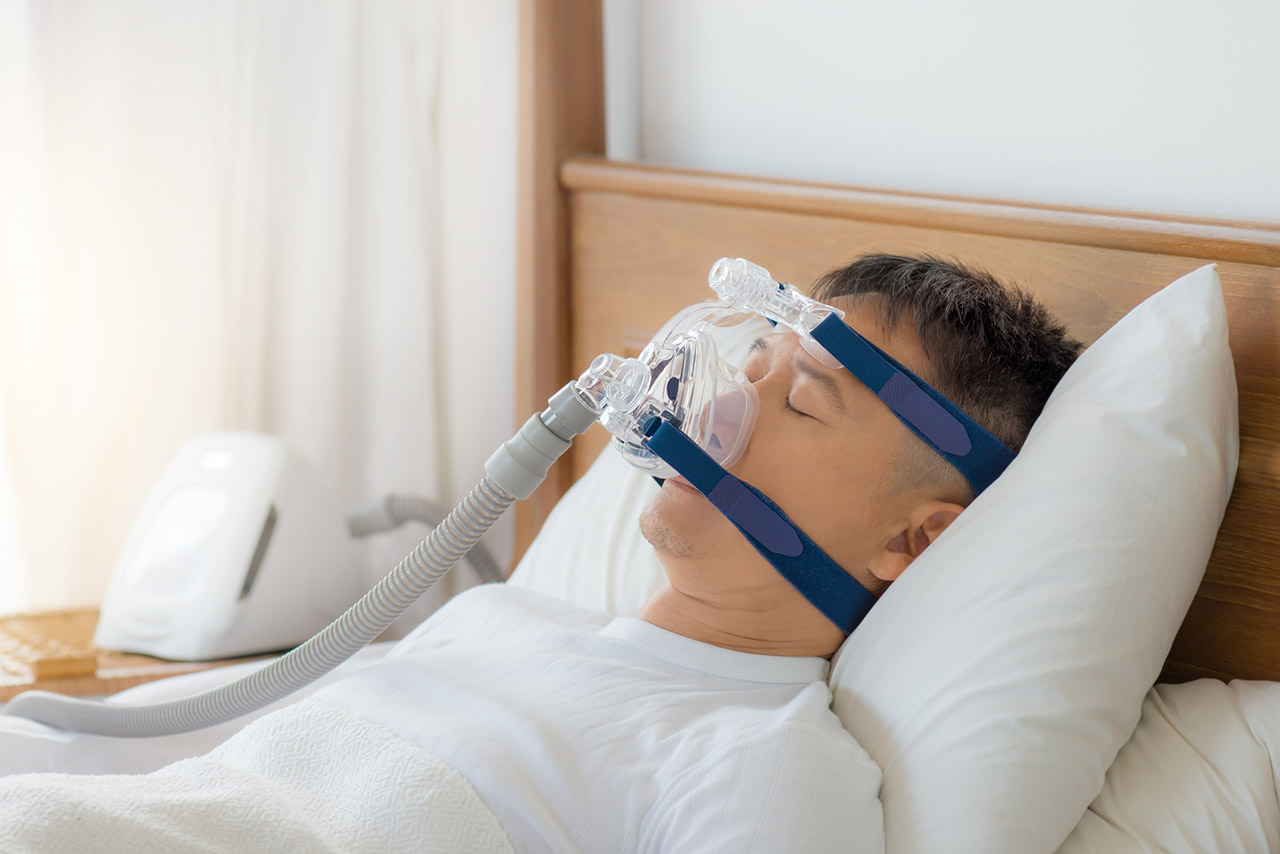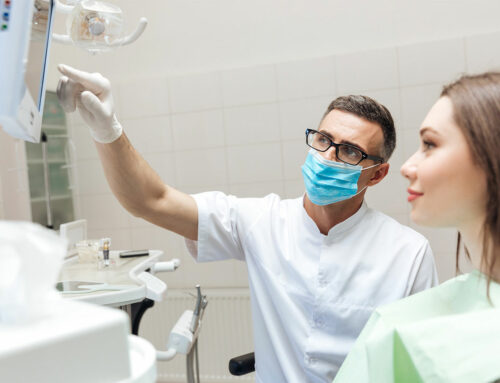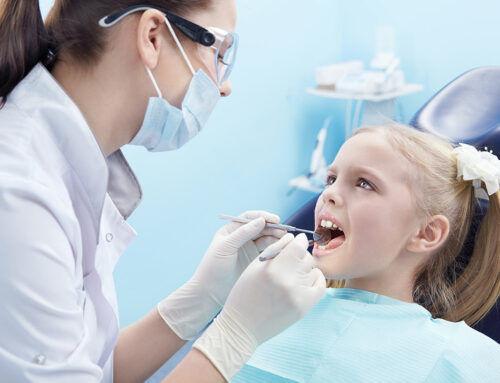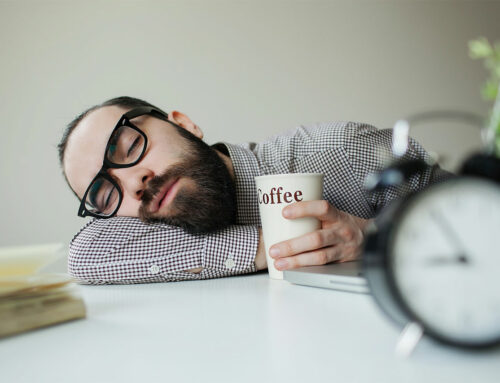Sleep apnea used to be seen as a condition that affected older men, and the only way to deal with it was to wear an uncomfortable CPAP machine every night for the rest of your life. So most people didn’t worry too much about it.
But scientists and doctors have realized that not only is sleep apnea far more widespread than we ever knew, but the health concerns around it are more alarming than we imagined. For example, did you know that sleep apnea in children is actually quite common? Or that it has been linked to a number of conditions including ADD, reduced IQ, developmental issues, and can even stunt a child’s growth?
Even people who seem the least likely to suffer from this condition, such as slender-framed, adult women, are finding that they are candidates for developing sleep apnea, which is something no one would have suggested just a few years ago.
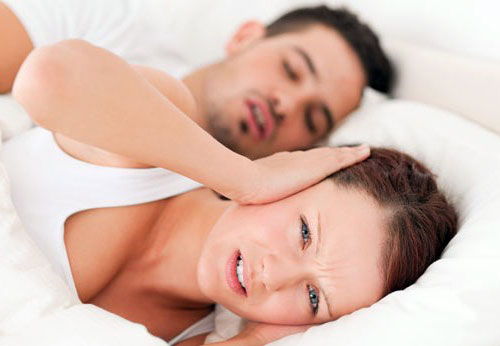
This news is slowly getting more mainstream attention. So you’ll find an increasing number of sleep specialists diagnosing and treating a wave of patients. These sleep experts all have different approaches to treating sleep apnea – the CPAP machine is still right up there as a preferred option, but a wide range of dental appliances and other therapies are also being introduced. There are even therapists who will get their patients to play the didgeridoo to beat this difficult condition.
Myofunctional Therapy And Sleep Apnea
A newly recognized and effective way to address and treat sleep apnea is myofunctional therapy. This makes a lot of sense because in many cases, people who have weak and improperly functioning oral muscles also show signs and symptoms of sleep apnea. If you can strengthen those muscles, you can ease these symptoms. And something that myofunctional therapy does brilliantly is to strengthen and re-pattern muscles. Which is why I get great results with my sleep apnea patients.
Diagnosing Sleep Apnea
The only practitioners who can diagnose sleep apnea are medical doctors. So this means that even a dentist who specializes in sleep dentistry can’t diagnose a patient with this condition.
Now I’m not a dentist, and I’m definitely not a medical doctor, so I can’t diagnose a patient with this condition, but as a practicing myofunctional therapist, I am very aware of the signs and symptoms – I see them all the time.
So if I recognize symptoms that could be related, I’ll always recommend that my patients talk to their doctor, and learn more about having a sleep test done.
Once they’ve got a diagnosis, and hopefully a sleep score, I can help.
Contact me today for a comprehensive evaluation.
